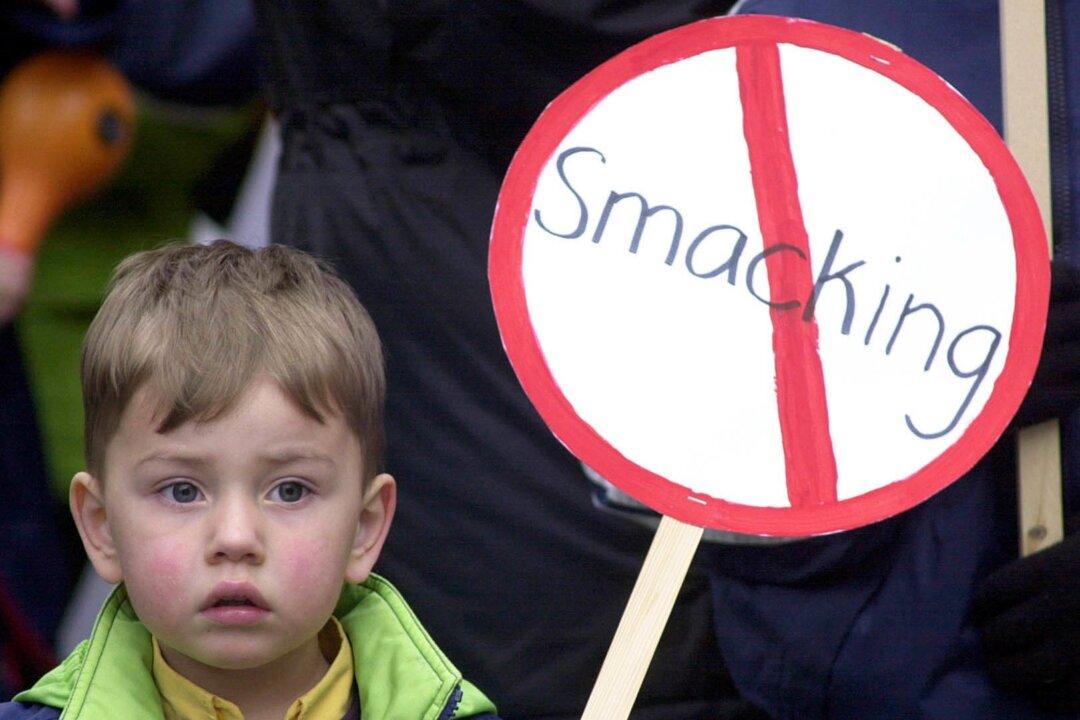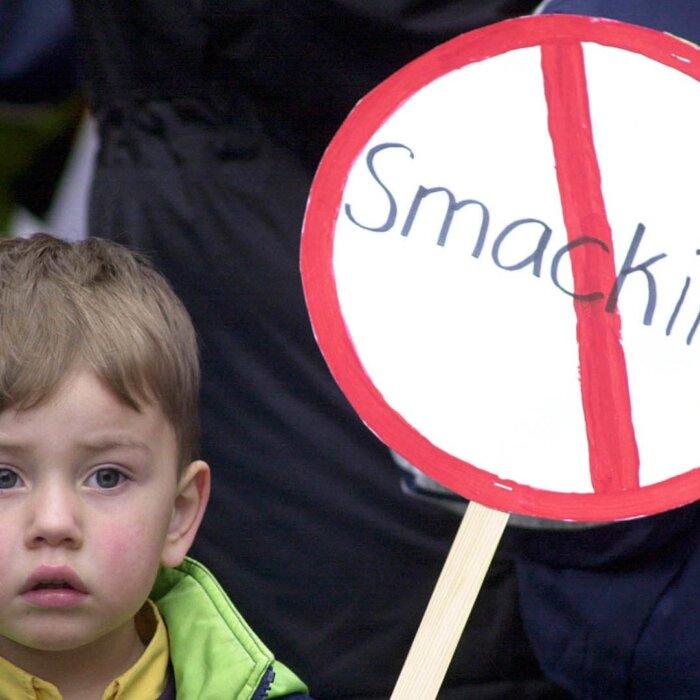The UK’s Children’s Commissioners have urged the government to introduce a legal ban on smacking children by amending the Children’s Wellbeing and Schools Bill as it progresses through Parliament.
In a joint statement, the Commissioners described the current law—which still allows the defence of “reasonable punishment” in England and Northern Ireland—as “outdated and morally repugnant.”
Their intervention follows renewed public attention on the issue after the murder of 10-year-old Sara Sharif in Surrey.
In November 2024, her father, stepmother, and uncle were convicted after years of Sara’s abuse that her father reportedly described as “legal punishment.”
“Let this be Sara’s legacy, that all children in the United Kingdom are given the same protection as anyone else,” said Children’s Commissioner for England, Dame Rachel de Souza.
She urged the government to remove the “reasonable punishment” defence from both English law and the Children Act 2004.
During the bill’s second reading in the House of Lords on Thursday, Baroness Anne Longfield, former Children’s Commissioner for England, echoed the call for change.
Unequal Protection Across the UK
Physical punishment of children has already been banned in Scotland (2020) and Wales (2022). However, children in England and Northern Ireland still do not have full legal protection from physical assault.The government has said it will review evidence from Wales, due by the end of 2025, before deciding on potential law reform.
“We recognise that parents have different views and approaches to disciplining their children. We need to consider their voices, and those of the child, trusted stakeholders and people who might be disproportionately affected by the removal of the defence, in making any decisions.
“Let us also be clear: those children who have been abused or murdered by their parents would not have been covered by the defence of reasonable punishment. Crown Prosecution Service guidance is very clear about what is acceptable within the law to justify reasonable punishment,” she added.
Despite the government’s stance, the Commissioners argue that the law must be changed to ensure equal protection from assault for all children across the UK.
“The experience of Scotland and Wales, where children are already offered full protection from assault and violence, does not suggest any increase in parents and carers being criminalised – no loving, well-meaning parent has anything to fear from a defence to assault being removed from the law,” their statement said.

Doctors and Charities Back Legislative Change
The Royal College of Paediatrics and Child Health (RCPCH) has found that children who experience physical punishment are 2.6 times more likely to suffer mental health issues and more than twice as likely to experience serious abuse.RCPCH Officer for Child Protection Andrew Rowland has argued against “grey areas when it comes to safeguarding children.”
“Changing the laws in England and Northern Ireland will give us absolute clarity and ensure there are no instances where it is acceptable or lawful to smack a child,” he said in a statement last year.
Opponents Voice Concerns
Campaigners opposing the ban say it would criminalise well-meaning parents and overwhelm child protection services with minor cases.The group argues that the current law already protects children from abuse.
“The amendment would only serve to outlaw the mildest tap on the hand or a gentle smack on the back of the legs. Anything which leaves more than a transitory reddening of the skin is already illegal.”







